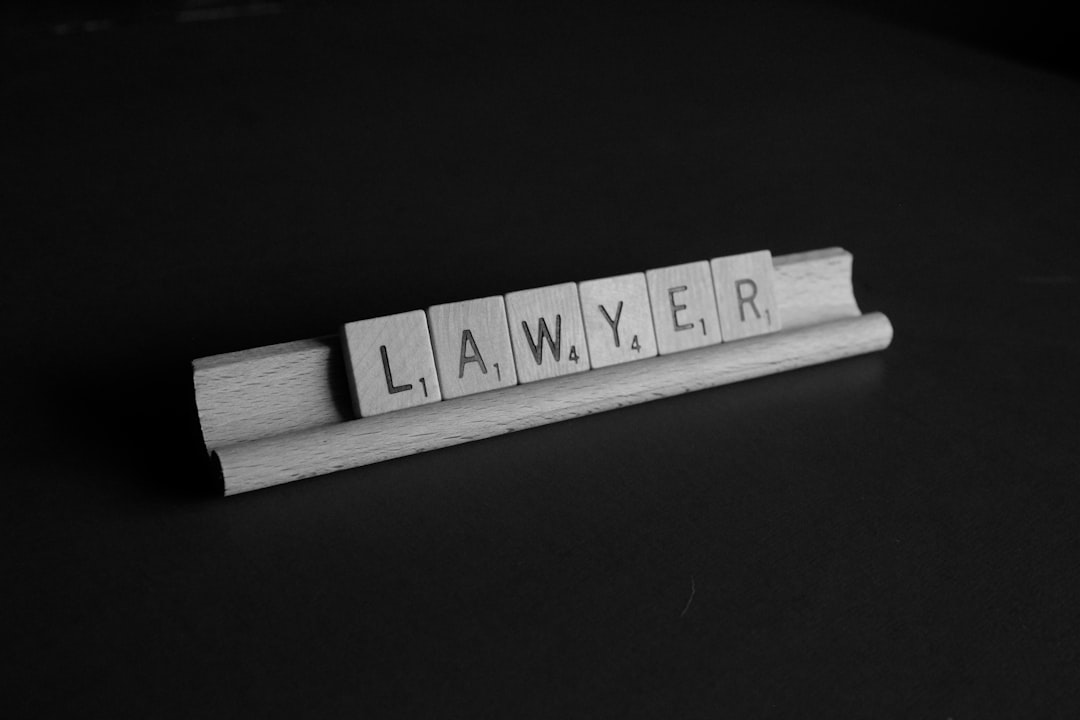Michigan's debt collection laws protect both debtors and collectors, mandating fair practices. Consumers can dispute inaccurate information and receive proper notifications, while collectors must adhere to strict contact guidelines. A lawyer specializing in Michigan's debt collector laws is vital for navigating these regulations, ensuring compliance and protecting rights of both parties under the Fair Debt Collection Practices Act (FDCPA) and state-specific rules.
In Michigan, understanding the rules governing debt collection is crucial for both debtors and collectors. This article serves as a comprehensive guide to navigating Michigan’s debt collection laws, ensuring ethical practices in the process. We explore the rights of debtors, the obligations of collectors, and the legal guidelines that foster fair interactions. If you’re seeking advice from a lawyer for debt collector laws in Michigan, this is the place to start. By familiarizing yourself with these rules, you can protect your rights and make informed decisions.
Understanding Michigan's Debt Collection Laws

Michigan has specific laws in place to protect both consumers and debt collectors, ensuring fair practices in the debt collection process. Understanding these rules is crucial for anyone dealing with debt collectors or seeking legal counsel as a collector or consumer.
If you’re in search of a lawyer for debt collector laws Michigan, it’s essential to find someone well-versed in these regulations. The laws cover various aspects, including collection methods, communication standards, and the validity of debts. Consumers have the right to dispute inaccurate information and receive valid notifications regarding their debts. Debt collectors must adhere to strict guidelines on when and how they can contact consumers, ensuring a respectful and lawful process throughout the debt collection journey.
Rights of Debtors and Collectors

In Michigan, both debtors and collectors have specific rights and responsibilities that are governed by state laws. Debtors have the right to understand the nature of their debt, dispute inaccurate information, and receive fair treatment throughout the collection process. They can request validation of the debt, ensuring the collector provides proof of the amount owed and the original creditor. Additionally, debtors are protected from harassment, threats, or false statements by collectors.
On the other hand, collectors in Michigan must adhere to strict rules, including refraining from contacting debtors at unreasonable times or places, using abusive or obscene language, or employing unfair practices. They are required to identify themselves and their employers, provide a written notice of the debt, and cease collection efforts if the debtor requests validation or disputes the debt. A lawyer for a debt collector in Michigan should be well-versed in these rules to ensure compliance and protect both the collector’s interests and the rights of debtors.
Legal Guidelines for Ethical Debt Collection Practices

In Michigan, debt collectors must adhere to strict legal guidelines and ethical practices as outlined by the Fair Debt Collection Practices Act (FDCPA) and state-specific regulations. These rules ensure that consumers are treated fairly and with respect during the debt collection process. A lawyer for a debt collector in Michigan should be well-versed in these laws to ensure compliance and mitigate potential legal issues.
The FDCPA establishes a set of standards for communication between debt collectors and debtors, prohibiting abusive, unfair, or deceptive practices. This includes restrictions on when and how often collectors can contact consumers, the language used during these interactions, and the disclosure of information about the debt. Additionally, Michigan has its own rules and regulations that complement federal laws, providing further protections for consumers while ensuring responsible debt collection practices.






